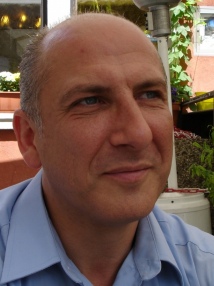BibTex format
@article{Siapati:2008,
author = {Siapati, EK and Bigger, BW and Kashofer, K and Themis, M and Thrasher, AJ and Bonnet, D},
journal = {European Journal of Haematology},
pages = {303--313},
title = {Murine leukemia following irradiation conditioning for transplantation of lentivirally-modified hematopoietic stem cells.},
url = {http://www.ncbi.nlm.nih.gov/pubmed/17378892},
volume = {4},
year = {2008}
}

